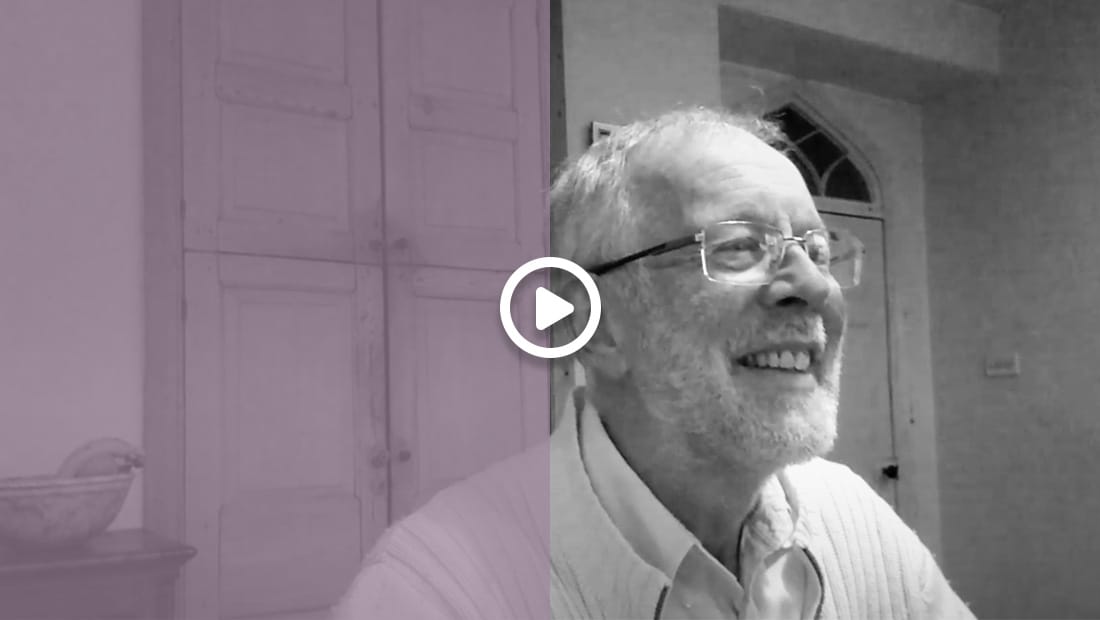
Ascension and the Healing of Stress
"For behold, the kingdom of heaven lies within you."
- Luke 17 v21
"Except (ye) become as little children, ye shall not enter the kingdom of heaven."
- Matthew 18 v3
One of the immensely valuable by-products of Ascension meditation is the healing of stresses held in the nervous system, and the subsequent improvement in all areas of life. The primary goal of Ascension meditation is to obtain a permanent and lasting experience of the divine and to know that that is our essential nature. During the regular practice of Ascension meditation to achieve this goal, it is common for stress to start moving as part of the healing process. Can Ascension help with stress and anxiety? - yes! Ascension meditation has the potential to remove all stress from the nervous system.

What is Stress?
To understand this, it may be helpful to know what stress is, how it comes about, how it affects our bodies, and what happens when it starts to move. Stress seems to happen when we experience an event that we judge to be undesirable, and that brings up negative emotions. If these emotions and the circumstances surrounding them are not fully released and healed, then stress is built up in the body.
How does it work?
So how does this process happen? For me, the easiest way to understand this is to watch young children; the age group around 18 months to 3 years old is a great time to observe what happens. We all come into the world able to express emotions. They are our first way of communicating with the world around us and getting our needs met, and the system is up and running long before we develop speech and language, and continues throughout our lives. It is this language of emotions that gives colour to life. By the age of 18 months, most children can express the five basic human emotions - love, joy, sadness (or pain), anger and fear. I choose those five as they seem to have specific ways of expression by the body. Love is expressed by hugs and cuddles; joy by smiling, laughing and joyful movement; sadness or pain by weeping or crying; anger by tantrums, and fear and anxiety by shaking or trembling. These body actions are universal and independent of race or culture.
Self Control
So long as children can express themselves in these physical body ways, they will not be storing up stress in their system. But children need to grow up, and part of growing up for the vast majority of cultures means that they need to learn to control the physical expression of their feelings. They have to learn not to cry, not to have tantrums and not to show that they are afraid. The love they express needs to be limited to family and close friends and not just anybody they take a liking to, and they have to limit the amount of joy they express so as not to disturb other people around them. This is a necessary part of growing up, and most children have developed self-control by the time they are seven.

Expressing Feelings
While teaching self-control is almost universal, teaching when we can loosen that control and express some of our unexpressed feelings is far less common. The problem with controlling feelings and not allowing their natural expression is that those feelings do not go away. Instead, they are stored up in some form somewhere in the body. Fortunately, the storage system is not rigid, and the body will try and move those stresses whenever and however it can. Dreams are a common way for emotions to move, but they can also move through all sorts of physical symptoms. As adults, we often seek out activities or situations that will stimulate our emotions, such as sport, films, drama, art and stories, or simply engaging socially with other people. The play that unfolds in front of us resonates with stored emotion inside us, allowing some of those feelings to come to the surface and be released.
Bottling things up
One way of looking at this is to imagine that the body is like a bottle. As we interact with the world, situations arise that bring up feelings for us. Generally, it is the negative feelings (the sadness, anger and fear) that we find most difficult or socially unacceptable to express. Hence, we try consciously or unconsciously to ignore the feelings. Those unexpressed feelings are stored in the bottle. We even talk of ‘bottling up our feelings’. If nothing is done to open the tap at the bottom of the bottle and let some feelings out, the bottle fills up. It takes a lot of energy to store up feelings, even if we are not conscious of doing so. This has a negative effect on the health of the body. There are few, if any, illnesses that do not have, at least in part, an element of stored up negative emotion. There are very few, if any, medical conditions that do not improve if steps are taken to reduce this burden of feelings.
This control and storage of emotions is a function of the mind, largely the unconscious mind. Since childhood, we have learnt behaviours and strategies not to feel our feelings, particularly the negative ones. The separation of feelings from the content of events we experience in everyday life is almost instantaneous, and often we are unaware that another chunk of emotion not only has been ignored but also put into storage. We spend our lives trying to solve problems but ignore our feelings. So if a feeling does come to the surface and the body starts expressing it, there often seems to be no reason for that feeling. This is because the original problem associated with that feeling has either been solved or ceased to exist, and the feeling seems to have no label attached to it. Or we may pick another event or situation and blame that for the feeling.
Thinking
The job of the thinking part of the mind is to try to find things that bring us happiness, but also it tries to keep us safe. It will take something that is happening in the present moment and compare it with any number of past moments that it thinks may be relevant, and then it projects into the future so that we can be prepared for some threat or danger. Unfortunately, in the past it will often find things that made us feel angry or sad, and in the future it will find things that make us anxious or fearful. The way Ascension meditation seems to work is to cut through the thought streams that the thinking mind is engaged in, bringing us back to this present moment and allowing, however briefly, the mind to be still. Once the mind can rest, it stops sending endless contradictory messages to the body, so then the body can rest and start doing what it is really good at, which is healing itself.

Being Emotional
One of the things that can happen when the body heals itself is that stored up stresses, particularly stored up emotions, start coming out of storage to be released in an emotional way. Once they reach the point of becoming an emotional reaction, the mind becomes aware of them. The person then has a choice: to allow that emotion to be expressed, or control it again and put it back into storage. Emotions are powerful things, and if someone is not used to expressing their feelings, they may seem overwhelming. In this situation, it can be very helpful to have support from someone they trust who can also allow the process of emotional release to take its course. People who are highly stressed and suffering from severe anxiety particularly need to have other support systems in place, and this may include mental health services, as meditation can precipitate acute emotional and even psychotic reactions. More commonly, stresses may dissolve without any significant disturbance to the system, and it is only later that a person realises that they are not reacting to something that previously would have been a problem to them. As more and more stress leaves and the body heals, the easier it becomes to remain in the present moment. From that place, with the thinking mind out of the way, stress moving through the body no longer disturbs our peace. With a clearer nervous system, we can remain rooted in the present, and from there, experience the divine.

